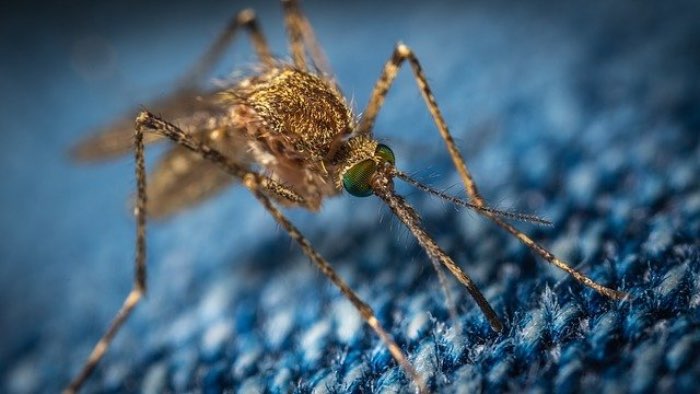COVID-19 is not the only cause of concern for humans; climate crisis may create an even bigger and unmanageable health issues in the years to come. A new study claims that over 8 billion people could be at risk of malaria and dengue fever by 2080 if emissions of greenhouse gases keep rising at current levels.
The study, carried by London School of Hygiene & Tropical Medicine (LSHTM) and published in The Lancet Planetary Health journal, says if climate change is not brought under control, the rising global temperature in the next 50 years could increase the transmission seasons of diseases like malaria and dengue by more than a month and four months respectively.
‘8.4 billion people at risk of malaria and dengue by 2078’
Researchers predict that in comparison to the figures of 1970-99, the world’s two most widespread mosquito-borne diseases could endanger up to 4.7 billion more people, if global temperature rises by about 3.7°C (compared to pre-industrial levels) by 2100.
The report says that the team made their predictions based on different levels of greenhouse gas emissions, population density (to represent urbanisation) and altitude.
For malaria, the worst-case scenario estimated a total of 8.4 billion people being at risk in 2078 compared with an average of 3.7 billion over the period 1970-1999. For dengue, the modelling estimated a total of 8.5 billion people at risk in 2080 compared with an average of 3.8 billion in 1970-1999.
‘Indian sub-continent may also be hit due to climate crisis’
According to the World Health Organisation, every year Malaria kills over 4,00,000 people across the globe and dengue infects between 100 million to 400 million people every year worldwide killing 20,000 of them.
Researchers claim that the spread of Malaria is likely to gradually increase as a consequence of global warming in most tropical regions, especially highland areas in the African region, the Eastern Mediterranean region, and the Americas. Meanwhile, Dengue is predicted to increase mostly in lowland areas in the Western Pacific region, the Eastern Mediterranean region, and in highland areas in the Americas.
The study also claimed that the length of the dengue transmission season could grow by up to four additional months in tropical lowland areas in southeast Asia, sub-Saharan Africa and the Indian sub-continent.
‘Climate crisis may also lead to other health concerns’
Although the worst-case scenario models of the researchers indicated that some geographical areas could become too hot for some mosquito species and the situation may cause other health concerns such as heat-related mortality, reduced labour productivity and reduced food production.
The study, however, did not consider the effects of socioeconomic development, disease and vector evolution. It also did not take into account the development of more effective drugs and vaccines, which may leave a crucial impact leading to changes in the expected risk to humans.









Musk’s college photo with sweetheart auctioned
Covid symptoms despite jab? How it depends on your vaccine
An apology after mass firing: Viral saga of Better.com CEO